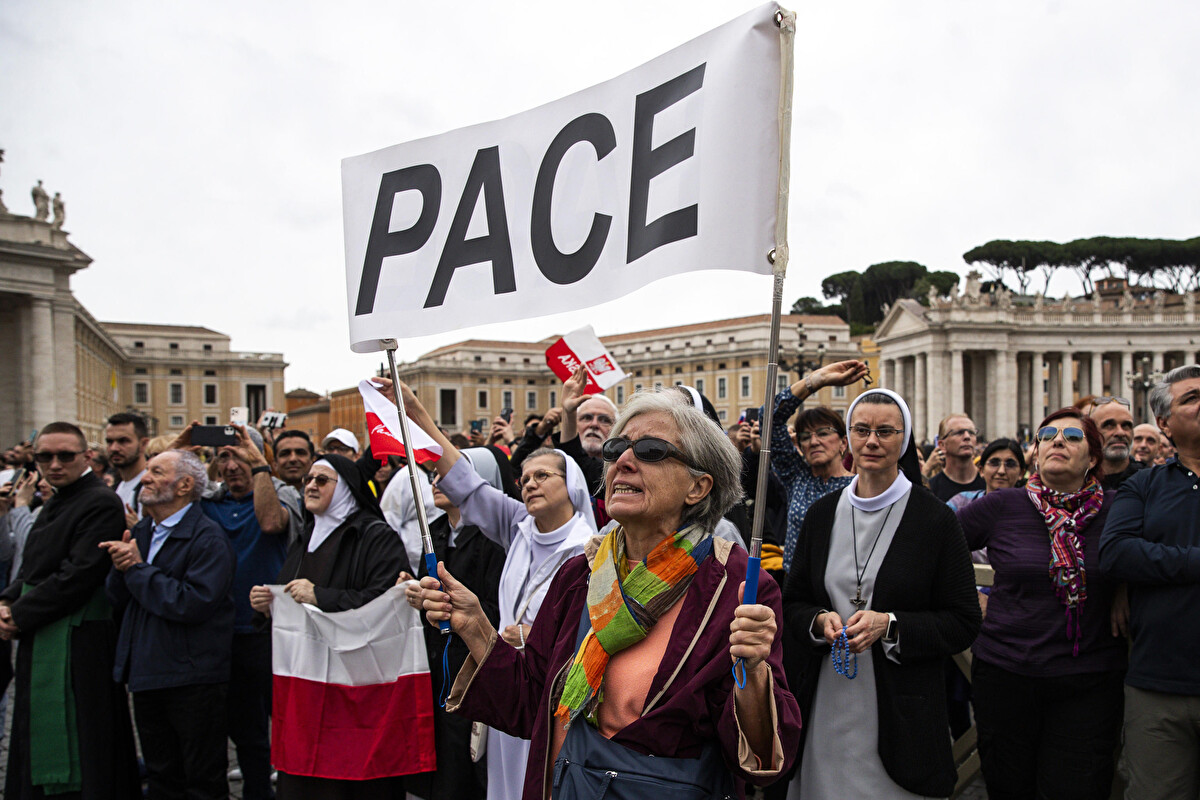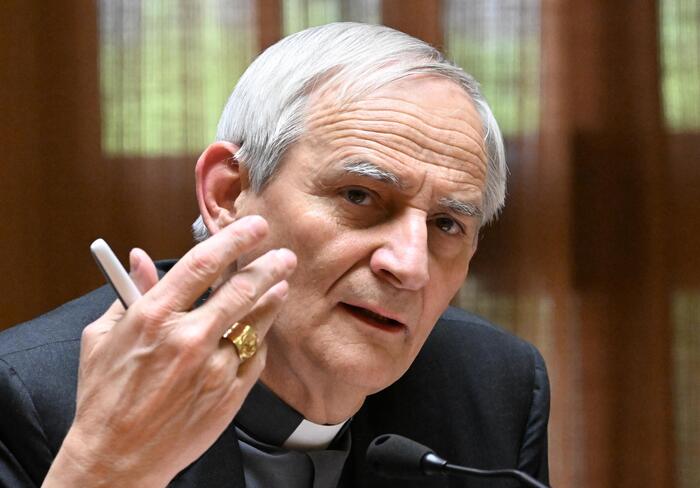When Hamas launched an attack against Israel on October 7 it did more than kill 1,200 people and kidnap 240 others. It unleashed a fierce and unrelenting response from Israel, and ignited an incendiary discourse, pitting those who support a free Palestine against those who support Israel’s rights to “defend itself” and assure the security of its State.
Now the Pope has unwittingly waded into the controversy of who is right and wrong, and has himself become a flashpoint.
The casualty figures in the ongoing war are staggering: in the six weeks since Hamas launched its airstrike against Israel, more than 14,000 Gazans have been killed, about 40% of them children, according to medical officials in the Hamas-ruled territory, figures deemed reliable by the United Nations.
As leaders and nations call for a ceasefire, Netanyahu has dug in his heels and adamantly asserts that Israel will not stop fighting until the nation can feel safe. When or how this can be achieved remains unclear. For now no end is in sight, as the Prime Minister asserts that the war will continue even after this much-travailed ceasefire that starts today, will end.
The hardline Netanyahu also stresses that the response to the terrorist strike of October 7 must “be proportional,” but many notice that already the death toll among the Palestinians is more than tenfold that of the 1,200 Israelis killed on that day. Take into account that the population of Gaza is 778,187 while that of Israel is over 9 million, and that “proportion” becomes even more shockingly unbalanced.

There is no doubt that the Oct. 7 strike was an act of terrorism, but is Israel’s unrelenting bombing of Gaza—and the preceding long-established oppression of the area– an act of genocide?
The Pope is now embroiled in defining what is terrorism and what is genocide.
Did Pope Francis use the word “genocide” to describe events in Gaza? Palestinians who met with him insist that he did, the Vatican is saying that he did not.
The opposing versions emerged at an afternoon press conference with 10 Palestinians who met the pope on Wednesday morning at his Vatican residence. That meeting followed a separate one with Israeli relatives of hostages in Gaza.
Shireen Awwad Hilal, who teaches at the Bethlehem Bible College, maintains that “When we shared the stories of the families that have been killed (in Gaza) he mentioned ‘I see the genocide'”.
She added, “It was very clear, the word genocide did not come from us. It came from His Holiness, Pope Francis.”
But a statement sent by Vatican spokesman Matteo Bruni, in response to a question texted by a reporter, said the opposite.
“I am not aware that he (the pope) used such a word. He used terms that he expressed during the general audience and words that in any case represent the terrible situation that is being lived out in Gaza,” Bruni’s statement said.
Hilal is not alone, other participants at the Palestinian news conference concurred that they had heard the pope use the word genocide.
“We were all there. We heard it and no one has a hearing problem,” Hilal said when pressed by reporters.
Members of the Israeli delegation question why the Pope is calling for a ceasefire, claiming the moral high road that there can be “no equivalence between Hamas, which is a terrorist organization and uses civilians as shields, and Israel, which defends civilians”, a position that many would challenge seeing the disproportion of the numbers of casualties already sustained by the Palestinians.

The President of the Italian Bishops’ Conference Cardinal Matteo Zuppi was strategic with his words on Thursday, “The Pope is careful and look, this does not mean putting everyone on the same level.”
“Why is the Pope calling for a ceasefire? Because there is terrible suffering, and looking ahead it seems to me that he is pushing for another solution so that terrorism might truly be fought, by removing everything that can paradoxically in some way justify it,” said Zuppi.
The reply did not satisfy Noemi Di Segni, the president of the Union of Italian Jewish Communities.
“The Pope puts everyone on the same level in terms of the starting and finishing points,” Di Segni told ANSA. “But the starting point is the terrorism that is used to execute a plan to exterminate Jews throughout the world, while the war is necessary for the defense of Israel and its people.”
Pro-Palestinian defenders would instead argue that the starting point of this latest flareup of violence has roots in the Israeli policies that are being called by much of the world “genocidal” and “apartheid.”
The Pope, who as the leader of the Catholic Church is the acknowledged arbiter of moral questions, finds himself in the impossible position of defending both sides. Can they both be equally right?












